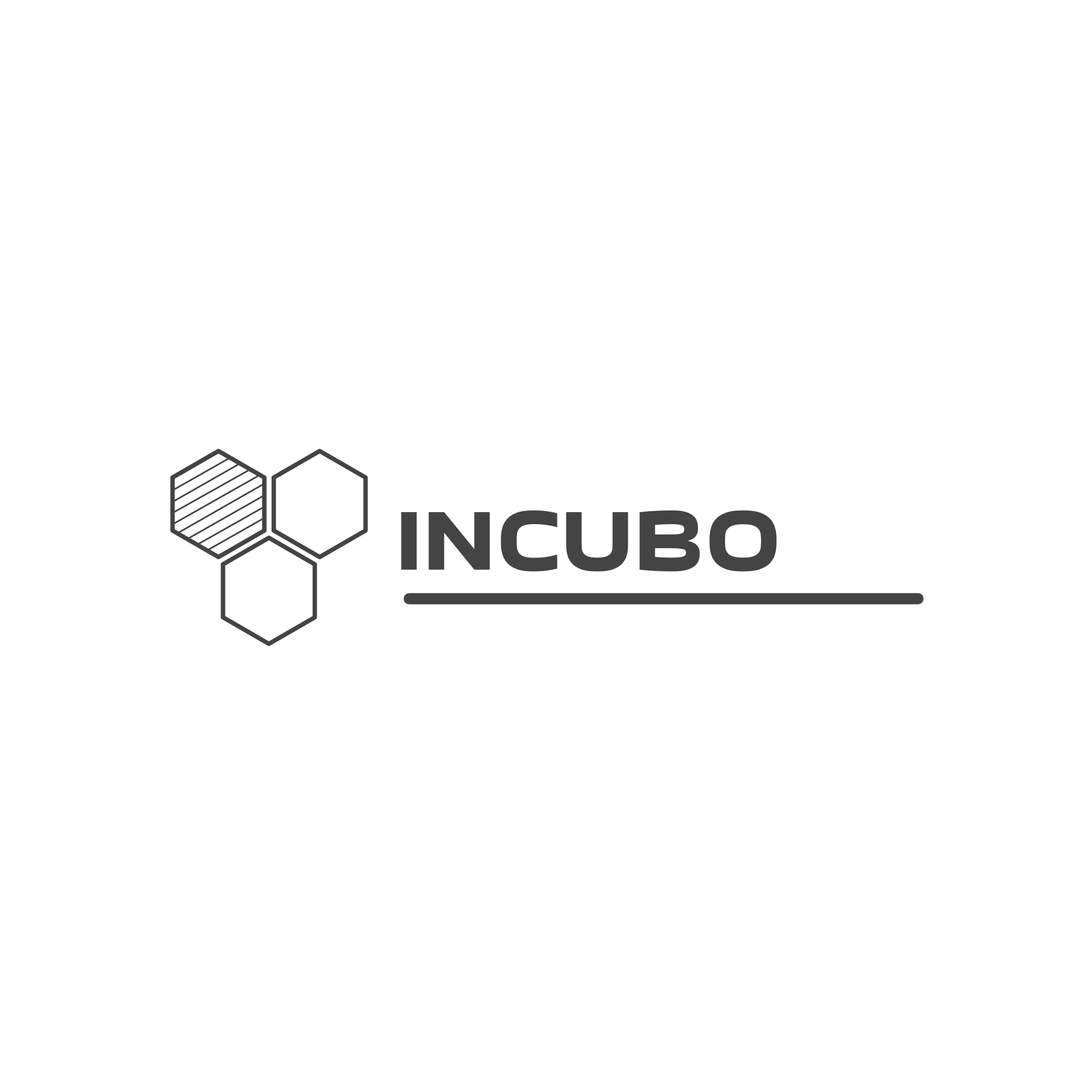
Unveiling Agentic AI: A New Era of Autonomous Intelligence
In today’s fast-paced, technology-driven world, businesses are grappling with challenges that demand more than traditional solutions. Also, Dynamic market conditions, ever-changing customer expectations, and the need for real-time decision-making push existing systems to their limits makes us wonder, how do we respond to unpredictable environments, automate complex workflows, and scale operations without sacrificing precision and efficiency?
The answer could be in Agentic AI—a transformative approach to artificial intelligence that redefines how we solve problems, adapt to change, and achieve goals. By introducing autonomous, adaptable, and intelligent agents, Agentic AI empowers businesses to move beyond rigid processes and embrace a future of seamless, intelligent operations.
What’s Agentic AI?
Agentic AI refers to the development of autonomous or semi-autonomous agents—software entities designed to perceive their surroundings, make decisions, and take actions to achieve specific goals. Unlike static or rule-based systems, AI agents possess capabilities such as:
- Autonomy: Acting independently without constant human intervention.
- Reactivity: Responding to real-time changes in their environment.
- Proactivity: Taking initiative to accomplish goals.
- Social Ability (optional): Collaborating or communicating with other agents or systems.
These features empower AI agents to bridge the gap between static workflows and dynamic operational challenges, marking a pivotal shift in intelligent system design
What Does Agentic AI Matters?
Agentic AI has transformative potential across industries. It brings three key benefits.
- Dynamic Adaptability
- Real-time decision-making based on live inputs, such as customer preferences or inventory fluctuations.
- Proactive adjustments to disruptions, such as rerouting supply chains during delays.
- End-to-End Workflow Automation
- Accelerates processes like customer onboarding or compliance reviews.
- Frees up human resources for strategic initiatives, reducing costs
- Target Domain Expertise
- Tailored to specialized fields like healthcare, finance, or legal, ensuring accuracy and adherence to regulations
- Tailored to specialized fields like healthcare, finance, or legal, ensuring accuracy and adherence to regulations
IMPORTANT: When implementing Agentic AI, it’s crucial to address key considerations: ensuring ethical use to avoid bias or harm, safeguarding sensitive data with robust security measures, and establishing governance frameworks to maintain accountability for agent decisions. Additionally, systems must be designed for scalability to adapt as use cases evolve and enable seamless integration with legacy systems and external tools for efficient operation.
What isn’t considered Agentic AI?
It’s essential to clarify what does not qualify as an AI agent:
- Large Language Models (LLMs): These are foundational models but lack autonomous behavior.
- RPA (Robotic Process Automation): While automated, these workflows are rigid and lack adaptability.
- Simple Software Functions: Programs designed for static tasks without reasoning capabilities.
- Conversational Assistants: Basic chatbots or voice assistants without decision-making autonomy.
Traditional Software Development vs. Agentic AI Architectures
Agentic AI introduces a paradigm shift compared to traditional software development. Here’s a comparison:
| Aspect | Traditional Software Development | Agentic AI Architectures |
| Design Approach | Rule-based, predefined workflows | Autonomous, adaptable, goal-driven |
| Decision-Making | Deterministic, predefined logic | Proactive, context-aware reasoning |
| Integration | Fixed APIs and modules | Dynamic tool orchestration and modular design |
| Adaptability | Minimal (requires manual updates) | Continuous learning and real-time adaptation |
| Scalability | Limited to predefined use cases | Scales dynamically across diverse tasks and environments |
| Human Intervention | High dependence on manual input | Minimal, operates autonomously |
| Error Handling | Follows static error handling rules | Learns from feedback to improve future performance |
| Use Cases application | Limited to static, repeatable processes | Excels in dynamic, unpredictable environments |
Some Real Use Cases Examples
The potential of Agentic AI spans numerous applications:
- Healthcare: AI agents can assist doctors by analyzing patient histories, lab results, and clinical guidelines to recommend personalized treatment plans.
- Customer Service: Agents can streamline support by understanding and addressing customer needs across multiple platforms.
- Supply Chain: Automating inventory management and shipment tracking for greater efficiency.
The world of Agentic AI is dynamic, transformative, and full of promise. These intelligent systems represent the next frontier in addressing the challenges of modern business, offering adaptability, automation, and precision that traditional methods can’t match. By understanding and leveraging Agentic AI, organizations can redefine workflows, improve decision-making, and stay resilient in the face of change.
As you explore this exciting technology, consider how it can revolutionize your operations and unlock new possibilities. Embracing Agentic AI could be the key to staying ahead in this rapidly evolving landscape and setting the foundation for future success.


Most Commented Posts